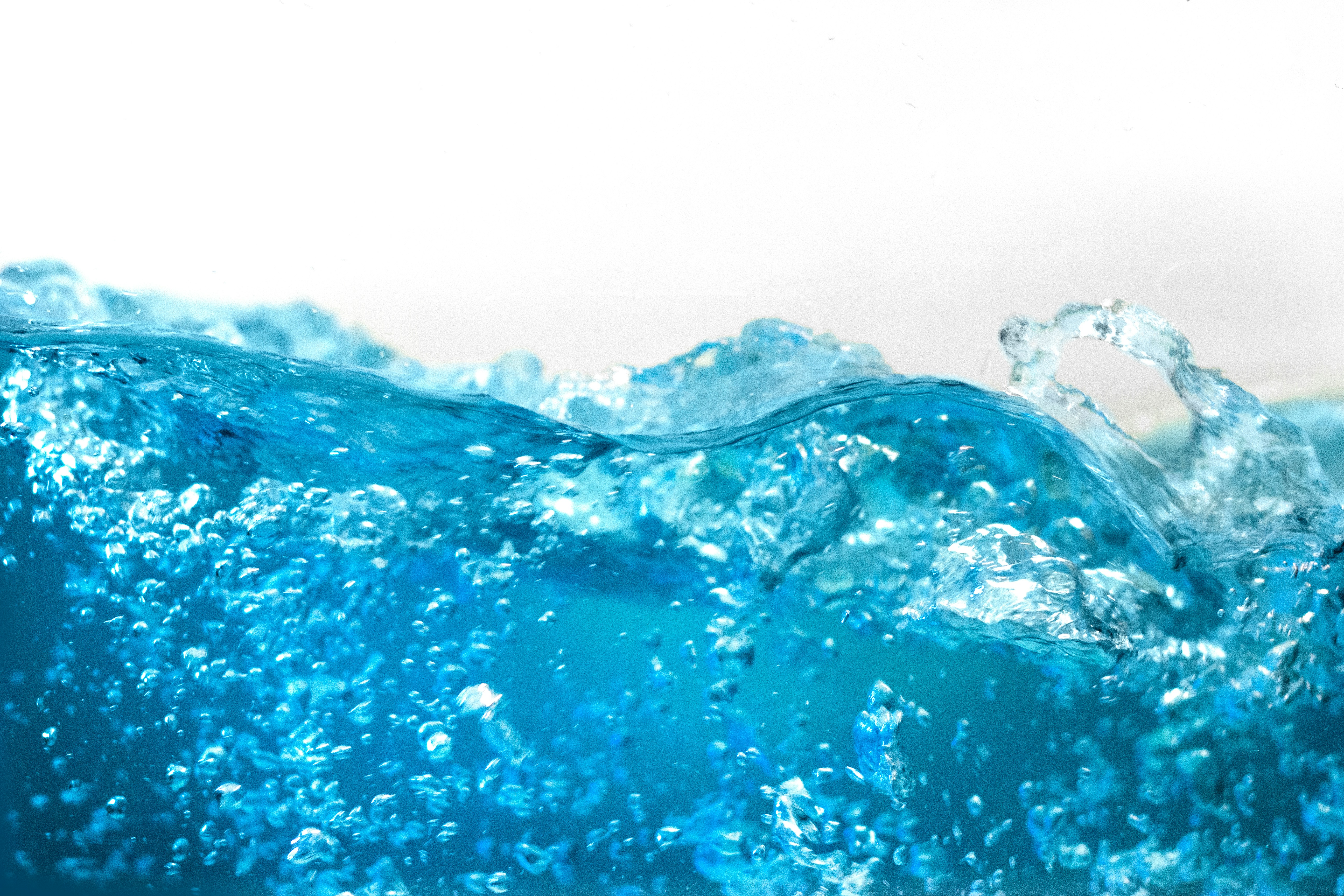Water is vital for life, playing an integral role in nearly every biological function. When it comes to gut health, hydration is often overlooked, yet it holds a significant influence over digestive processes and the overall health of the gut microbiome. This blog explores the links between hydration and gut health and provides evidence from scientific studies.
Why Hydration Matters
The human body is composed of approximately 60% water, which is essential for maintaining optimal physiological functions. Adequate hydration influences digestion, nutrient absorption, and the balance of gut bacteria.
The Impact of Hydration on Gut Health
1. Supporting Digestive Processes: Water is fundamental for digestion, helping to break down food and allowing nutrients to be absorbed effectively. A study in Gastroenterology highlights that adequate fluid intake facilitates digestion and reduces the risk of constipation (Dutheil et al., 2016).
2. Maintaining Gut Barrier Integrity: Hydration plays a role in maintaining the mucosal layer of the gut, which acts as a barrier to prevent harmful substances from entering the bloodstream. Research published in the American Journal of Physiology indicates that dehydration can compromise gut barrier function and contribute to increased intestinal permeability (Khan et al., 2019).
3. Influencing Gut Microbiota Composition: Emerging studies suggest that hydration status can influence the composition of gut microbiota. A systematic review in Nutrients found that sufficient water intake is associated with a more diverse gut microbiome, which is crucial for overall health (Malik et al., 2020).
4. Preventing Dehydration-Related Issues: Dehydration can lead to digestive issues such as constipation and bloating. A study in the World Journal of Gastroenterology outlines how good hydration practices help maintain bowel regularity and reduce gastrointestinal discomfort (Gonzalez et al., 2018).
Tips for Staying Hydrated
Drink Water Regularly: Aim to drink at least 8-10 cups (about 2-2.5 liters) of water daily, adjusting based on activity levels and climate.
Incorporate Hydrating Foods: Foods with high water content, such as cucumbers, watermelon, oranges, and soups can contribute to overall hydration.
Limit Caffeine and Alcohol: Both can act as diuretics, leading to increased fluid loss. Moderation is key to maintaining hydration.
Listen to Your Body: Pay attention to thirst signals and ensure you hydrate before, during, and after exercise.
Conclusion
Hydration is a foundational element of gut health, affecting digestion, barrier integrity, and the balance of microorganisms within the gut. By prioritizing proper hydration, individuals can support their digestive systems and promote overall well-being.
References
Dutheil, F., et al. (2016). Hydration and Health: The Importance of Drinking Enough Water. Gastroenterology, 150(4), 974-980.
Gonzalez, M. J., et al. (2018). The impact of hydration on gastrointestinal health: A review. World Journal of Gastroenterology, 24(1), 1-8.
Khan, M. A., et al. (2019). Impact of dehydration on gut microbiota composition and function. American Journal of Physiology - Gastrointestinal and Liver Physiology, 317(1), G134-G145.
Malik, V. S., et al. (2020). Water Intake and Diversity of Gut Microbiota: A Systematic Review and Meta-Analysis. Nutrients, 12(2), 401.

